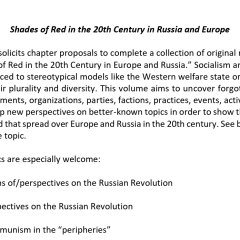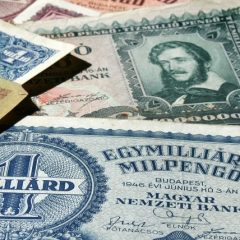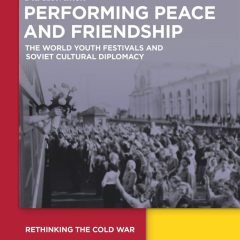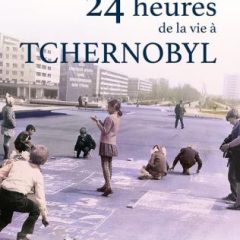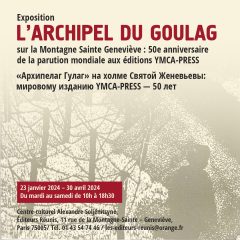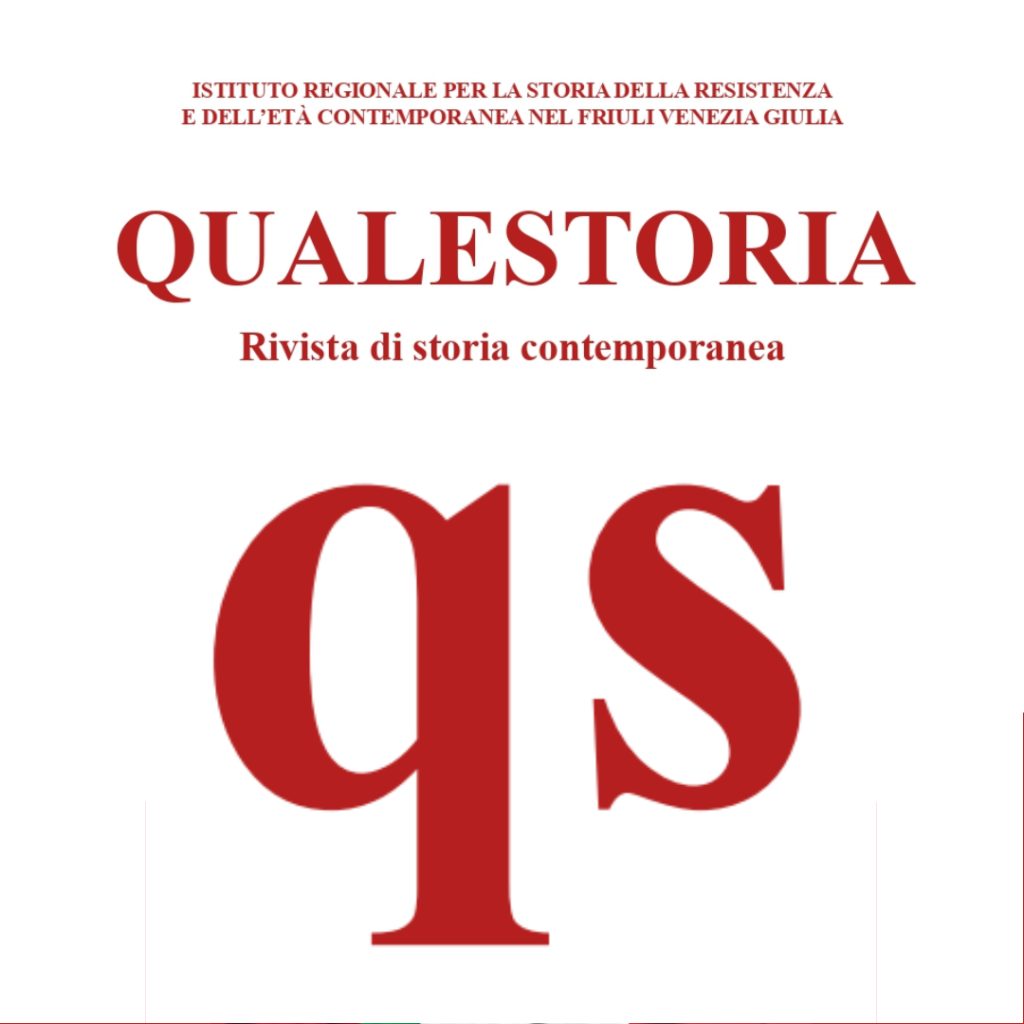CfP: Shades of Red in the 20th Century in Russia and Europe
This call for paper solicits chapter proposals to complete a collection of original research papers on the topic “Shades of Red in the 20th Century in Europe and Russia.” Socialism and communism are still too often reduced to stereotypical models like the Western welfare state or the Stalinist state, thus obscuring their plurality and diversity. This volume aims to uncover forgotten or overlooked experiences, movements, organizations,...
CfP: The Social History of Money across the Eastern Bloc and the Global South in the Twentieth Century, 27–28 July, Cambridge, UK
Date June 27, 2024 – June 28, 2024 Location: United Kingdom Subject Fields Contemporary History, Eastern Europe History / Studies, Economic History / Studies, Social History / Studies, World History / Studies We are soliciting papers for a workshop hosted at the Faculty of History of the University of Cambridge on the social history of money in the contemporary world on 27–28 June 2024. The workshop will aim to explore money as...
Performing Peace and Friendship
Performing Peace and Friendship The World Youth Festivals and Soviet Cultural Diplomacy Pia Koivunen Open Access Performing Peace and Friendship tells the story of how the Soviet Union succeeded in utilizing the World Festival of Youth and Students in its cultural diplomacy from late Stalinism through the early Khrushchev period. Pia Koivunen discusses the evolution of the youth gathering into a Soviet cultural product starting from...
24 heures de la vie à Tchernobyl
Coumel Laurent 26 avril 1986. Le réacteur numéro 4 de la centrale de Tchernobyl explose, un an après l’arrivée de Mikhaïl Gorbatchev à la tête de l’URSS. Comment vivait-on à Pripiat, ville-dortoir modèle, à l’ombre de la plus grande centrale nucléaire d’Europe ? Comment se nourrir, se vêtir et se loger, mais aussi se cultiver et s’évader, sous ce régime à la fois oppresseur et incapable de tout contrôler ? Laurent Coumel dresse le...


